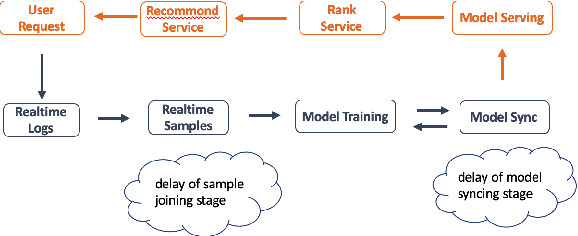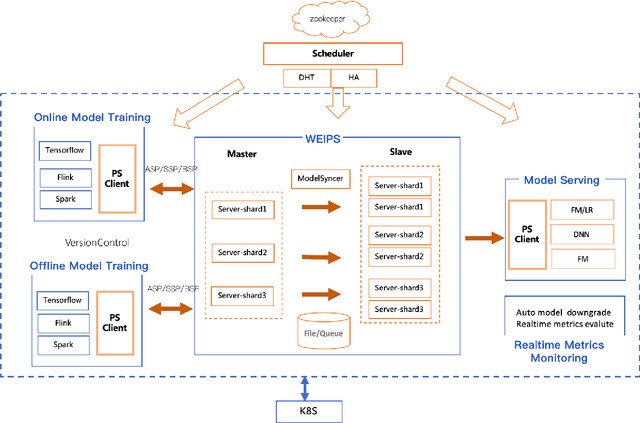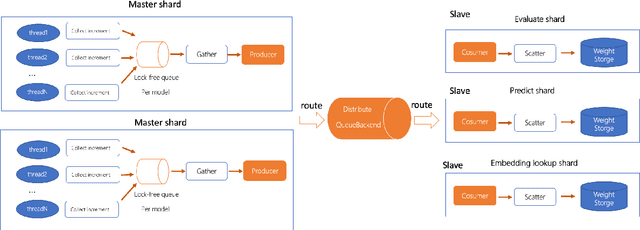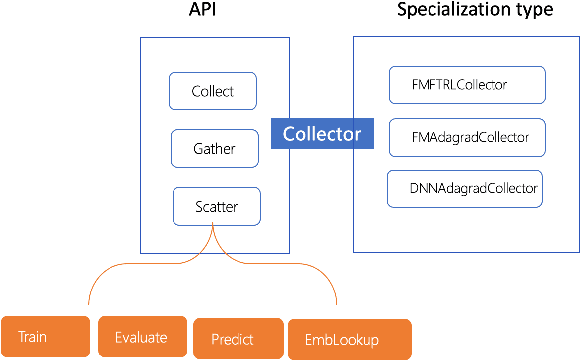Junqi Wu
Impact of Light and Shadow on Robustness of Deep Neural Networks
May 23, 2023Abstract:Deep neural networks (DNNs) have made remarkable strides in various computer vision tasks, including image classification, segmentation, and object detection. However, recent research has revealed a vulnerability in advanced DNNs when faced with deliberate manipulations of input data, known as adversarial attacks. Moreover, the accuracy of DNNs is heavily influenced by the distribution of the training dataset. Distortions or perturbations in the color space of input images can introduce out-of-distribution data, resulting in misclassification. In this work, we propose a brightness-variation dataset, which incorporates 24 distinct brightness levels for each image within a subset of ImageNet. This dataset enables us to simulate the effects of light and shadow on the images, so as is to investigate the impact of light and shadow on the performance of DNNs. In our study, we conduct experiments using several state-of-the-art DNN architectures on the aforementioned dataset. Through our analysis, we discover a noteworthy positive correlation between the brightness levels and the loss of accuracy in DNNs. Furthermore, we assess the effectiveness of recently proposed robust training techniques and strategies, including AugMix, Revisit, and Free Normalizer, using the ResNet50 architecture on our brightness-variation dataset. Our experimental results demonstrate that these techniques can enhance the robustness of DNNs against brightness variation, leading to improved performance when dealing with images exhibiting varying brightness levels.
WeiPS: a symmetric fusion model framework for large-scale online learning
Nov 24, 2020



Abstract:The recommendation system is an important commercial application of machine learning, where billions of feed views in the information flow every day. In reality, the interaction between user and item usually makes user's interest changing over time, thus many companies (e.g. ByteDance, Baidu, Alibaba, and Weibo) employ online learning as an effective way to quickly capture user interests. However, hundreds of billions of model parameters present online learning with challenges for real-time model deployment. Besides, model stability is another key point for online learning. To this end, we design and implement a symmetric fusion online learning system framework called WeiPS, which integrates model training and model inference. Specifically, WeiPS carries out second level model deployment by streaming update mechanism to satisfy the consistency requirement. Moreover, it uses multi-level fault tolerance and real-time domino degradation to achieve high availability requirement.
 Add to Chrome
Add to Chrome Add to Firefox
Add to Firefox Add to Edge
Add to Edge